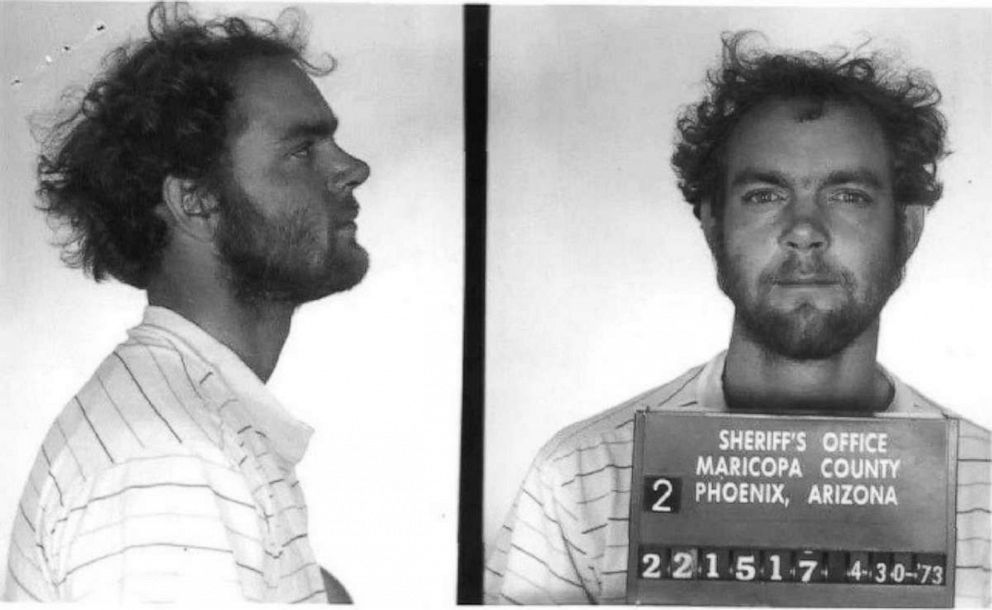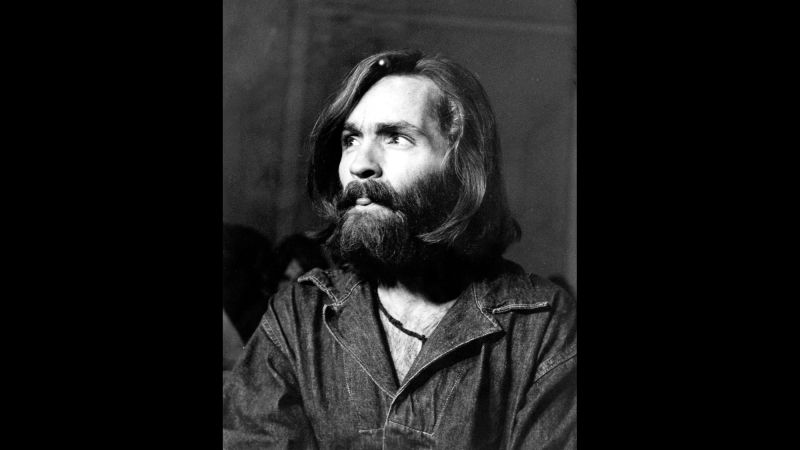

In most DNA-derived cases going to trial, prosecutors contend that the databases police use are like street informants whose identity can remain hidden.

(California Department of Corrections and Rehabilitation) “I don’t think anybody has any question whatsoever about how the case was solved.” “I have no concern whatsoever about the legality of anything that was done in the case,” Temple said.

The issue she raised with the FBI dealt instead with the need for transparency heading into trial. In an interview last week, Temple said she was confident that the case against DeAngelo - who pleaded guilty to 26 counts of murder and kidnapping and admitted to violent crimes against 61 other people - was handled ethically and properly. Even DeAngelo’s defense lawyers stood to be kept in the dark about how he was identified, she wrote. Not disclosing that private consumer data were used in the investigation “perpetuates a fraudulent impression of all the methods implemented to identify Joseph DeAngelo,” Cheryl Temple, chief assistant district attorney for Ventura County, wrote in a January 2019 letter to the FBI. Nevertheless, the search was not sanctioned, and MyHeritage has since revised its policies to make it clear that “such investigations are prohibited,” Godfrey said. “It is possible that the civilian geneticist thought she was not violating our terms of service,” said Aaron Godfrey, vice president of marketing. MyHeritage’s privacy policy at the time stated that personal information “would only be released if required by law.” A corporate executive said the policy “did not explicitly” address such unprecedented police access. (Santiago Mejia / San Francisco Chronicle)


 0 kommentar(er)
0 kommentar(er)
